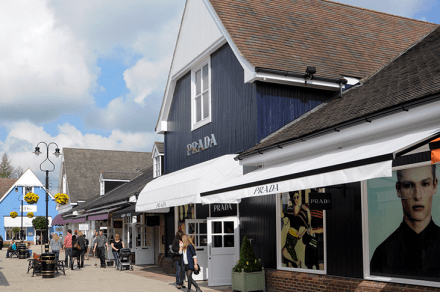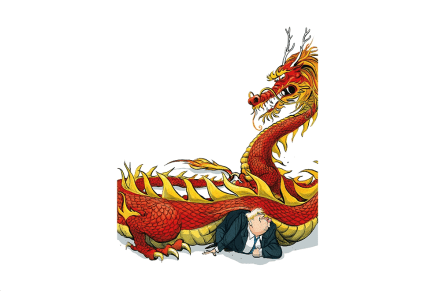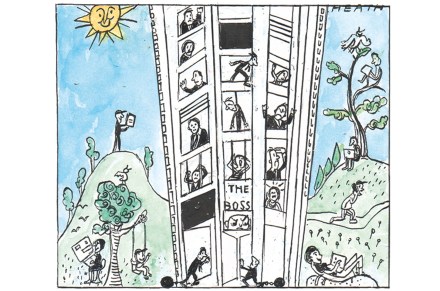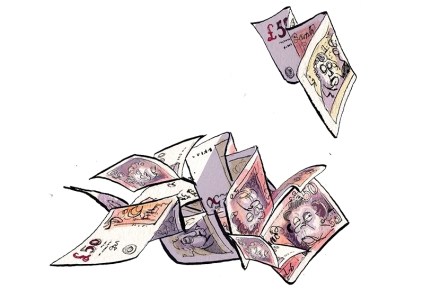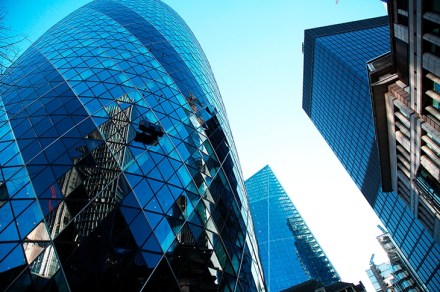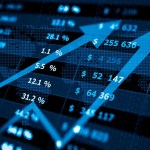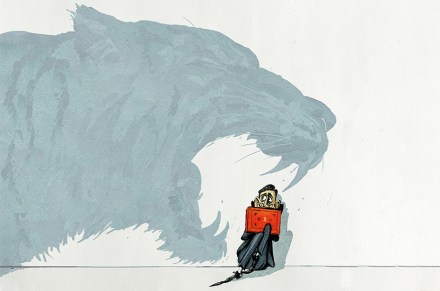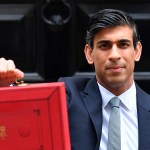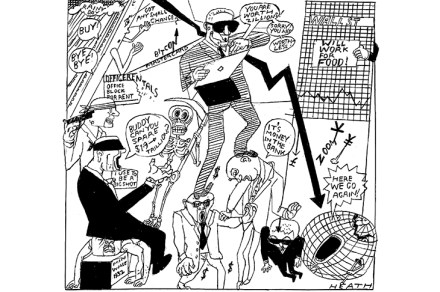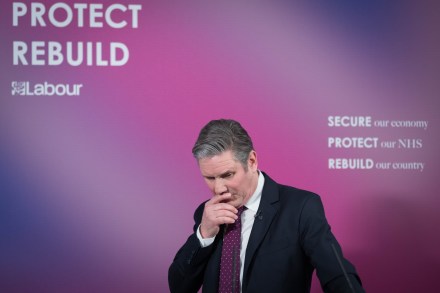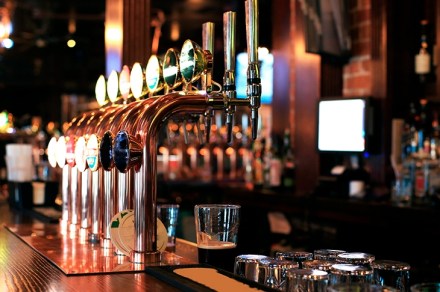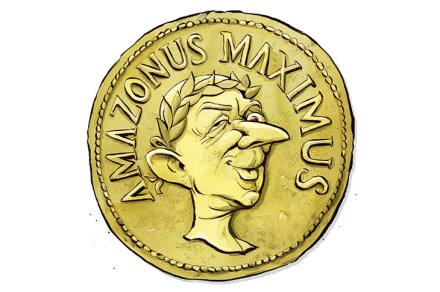Can the ‘next Bicester Village’ take off without tourists?
Retail footfall will be the first measure of recovery this spring. Everywhere I look, from central London to small-town Yorkshire, shopkeepers who survived the winter cull have been dusting their counters, cleaning their windows — and waiting in their doorways for the crowd of customers who have accumulated £150 billion of savings during lockdown and, despite the cornucopia of online offerings, can’t wait to start browsing and shopping for real again. Indications were mixed at the beginning of the week, with numbers still down on pre-pandemic levels, but at least the stock market is buying the theory. The FTSE 350 General Retailers index, which includes the likes of Dixons Carphone, Dunelm,
